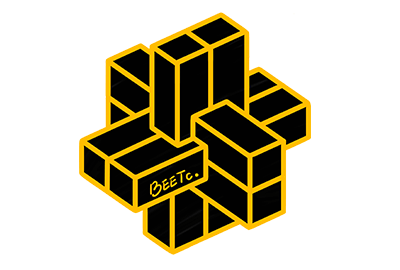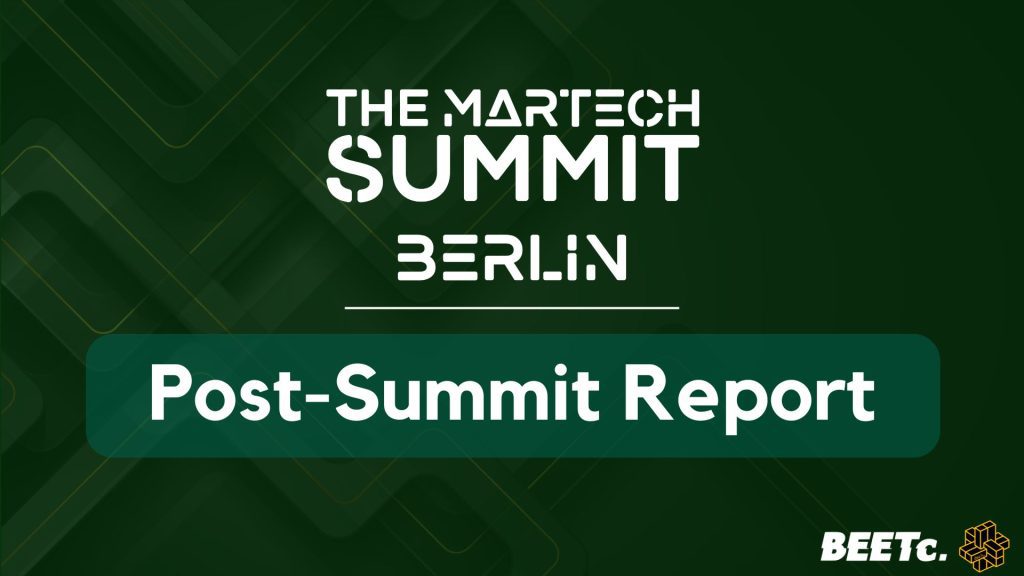How has your approach to customer engagement/retention/loyalty changed due to new MarTech tools and solutions?
The biggest value of MarTech for us is in the wealth of analytics it offers. We also use analytics to customize and update contents more frequently for better engagement with lower cost.
With MarTech we can really have a closed loop in our processes and this traceability takes a lot of the guesswork out of our tracking and attribution compared with traditional marketing tracking methods.
Another big thing for us is cross platform tracking. For example we use Facebook Pixel to boost Facebook ads that will appear on the feeds of visitors to our company website that we track with our audience’s analytics. This can help maintain regular engagement with our target audience to keep us front of mind.
With all the new MarTech tools and solutions now available, what’s one of the key pitfalls to avoid in the procurement process?
We need to determine which MarTech tools are best for B2B or B2C marketing. Not all social media are relevant for a B2B business like us. For example, Instagram or Tik Tok may work great with consumer brands that aim to attract the millennial group but we have a different target and thus need use the right platforms and delivery tools to match our audiences.
Another thing we need to keep in mind is cultural preference. We need to know which tools are more popular for who and in which demographics and geographies. For example, we found that Facebook works well for us in Thailand whereas in India our teams are enjoying a great response with their LinkedIn activities.
How have you best managed to integrate legacy systems with new MarTech solutions?
We drive traffic from legacy systems to online platforms where we can make more customized and personalized solutions. For example, we have followed market demand to migrate our general advertisements from print media to online media. Yet at the same time, we still place print ads in tradeshow event magazines. We follow up tradeshows with e-newsletters to the leads we collect from booth visitors. This gives the attendee plenty of touchpoints to interact with us from print adds, product showcases, sales brochures and e-newsletters. So MarTech helps us provide personalization and perfect timing to multiply the effectiveness of our tried and proven marketing methods.
What MarTech vendors have impressed you with their solutions and understanding of true business needs and challenges?
I would personally say Hubspot and LinkedIn are great in sharing know-how and teaching everyone how to use their tools while providing practical and useful tools like LinkedIn’s Sales Navigator and the integrated Hubspot CMS platform.
How has your organisation / team dealt with the challenge of the marketing industry and wider digital world evolving at such a fast pace?
I always prioritize continuous learning with my team. Each member has to keep abreast of the latest developments in their own field of expertise and share their updates at team meetings. We also work with 3rd party vendors like our PR agency and event organizer who have a lot of experience and ideas that we can learn from. In the end, all ideas and knowledge is welcome and considered for adoption.
Currently, what are you primarily looking for in your digital marketing efforts? Awareness or engagement? Why?
Right now our primary focus is on awareness because our team is in charge of corporate marketing. In addition to this, we also support each product marketing team within the company’s individual business units to drive engagement and reach their vertical’s audiences. So we have both a leadership and supportive role within our organization’s entire marketing efforts.
What is your key takeaway piece of advice that you would give when speaking to others on how to evaluate and select a MarTech stack?
Getting great ROI is important for every marketer because we need buy-in from executive management who look at the big picture. Besides our awareness and engagement goals we also want a system of attribution to show plenty of marketing ROI since the sales process is part of marketing.
Besides this, I think each module of the MarTech stack should be as versatile and scalable as possible to meet our organization’s future growth needs.
How did your MarTech journey begin? Please let us know your top 3 findings and discoveries.
We are very much at the start of our MarTech journey. Although we’re an OEM manufacturer of 30 years in Thailand, our branded businesses have only really taken off in 2013. On top of that, our Marcomm team was only established in 2017 so we’re still in a learning curve for sure. For us we find that:
- MarTech is the only way to effectively reach both local and regional audiences. It expands our reach and multiplies our efforts. It makes our work traceable and gives us internal and external social proof needed for support and validation.
- MarTech can help us leapfrog to the next bigger stage of our journey. This is important as we enter a crowded marketing landscape dominated by global established brands.
- MarTech gives you a data-centric mind map of directions to go in our content efforts and offers science-based predictive models of user behaviors. This makes it a catalyst to never ending evolution in our marketing tactics.
For you and your team, which is currently recognised as the larger challenge – MarTech integration or MarTech strategy?
Integrating MarTech to give an attribution system that corporate and sales accept remains the larger challenge for our marketing team. Within any organization each department will vie for relevance and maximum support to reach their goals but move beyond departmental silos and work for greater data sharing with all stakeholders. A lot of our work is simply overcoming the mindset some have of boxing marketing into a purely promotional role and isolating us from the greater sales process.
Another challenge many manufacturers in Thailand face is attracting talent (foreign and local) to work in a factory environment. In an economy and culture very much dominated by flashy consumer and service brands, B2B marketing may not be the sexiest role but I believe it’s critical for Thailand’s industrial and economic development.
Have you mainly chosen to adopt established MarTech or have you also looked into the emerging opportunities? Which?
Both. We definitely use established tools in our marketing but we’re always on the lookout for emerging opportunities. In an industry as dynamic as tech there are always new startups and players who may hold the key to the next big thing in marketing so we want to be in tune to pick up any opportunity.
Which MarTech brands have you found have / are close to best meeting your expectations when it comes to customer experience? Let us know of any brands which have exceeded expectations.
We’ve had good experiences with tools from Mailchimp, Google Analytics, Data Studio, Facebook and LinkedIn. I don’t think there are any brands that have exceeded our expectations and that’s not because they aren’t good, in fact they may too comprehensive and that’s why we haven’t tapped into their full potential yet.
What do you predict as being the top MarTech trends for 2020?
I think AI data-driven marketing is the trend that’s really going to change the landscape of MarTech in 2020. From advanced chat bots to other automated interactive features, AI driven marketing automation and technology has real potential to boost a lot of the UX aspects of marketing. This includes AI-driven technology that tracks output data across different media and tailors different campaigns and intuitive technology like voice search and smart assistant.
In 2018, we used the AI generated Sophia robot to drum up a lot of attention at the Manufacturing Expo and the past years we’ve all seen the evolution of tech like Google AI virtual assistant, so I think these technologies will become more accepted by users today.















